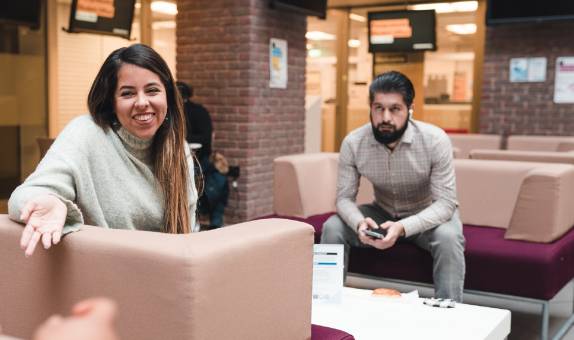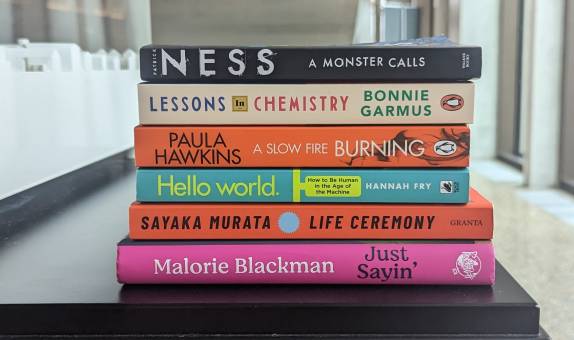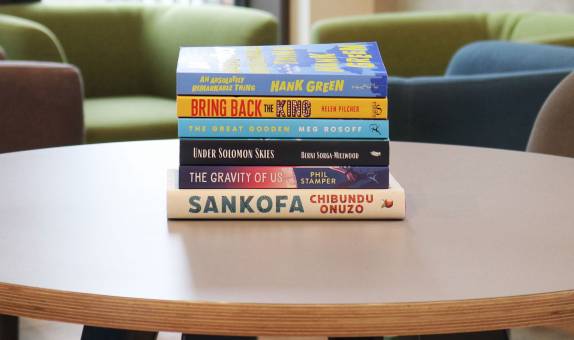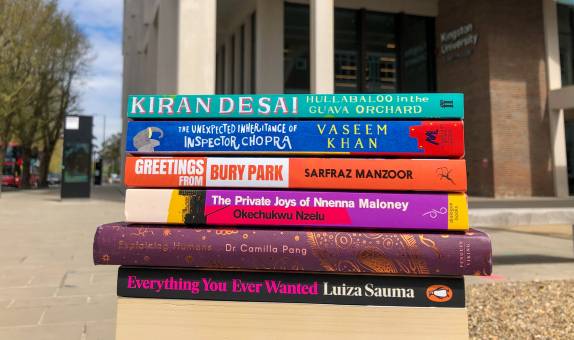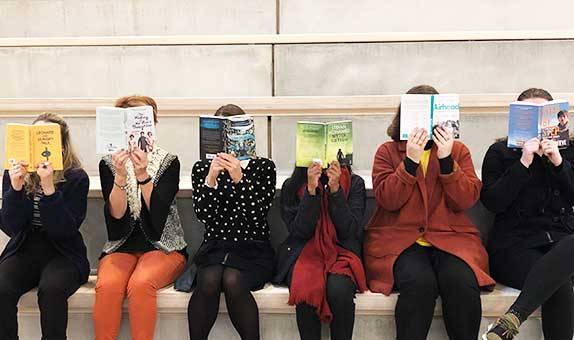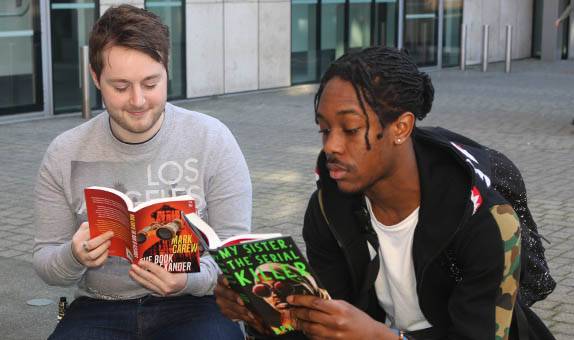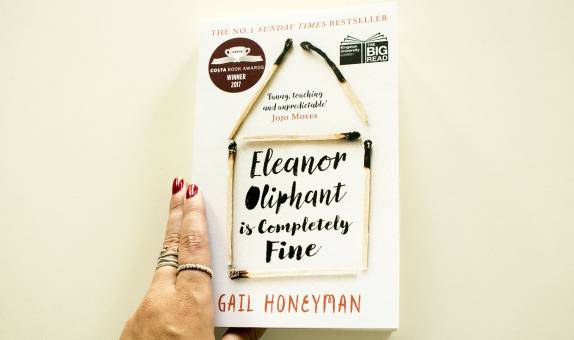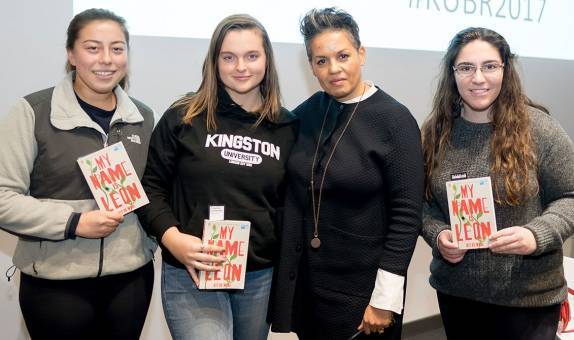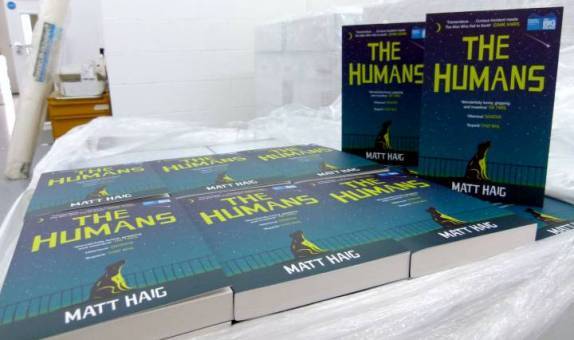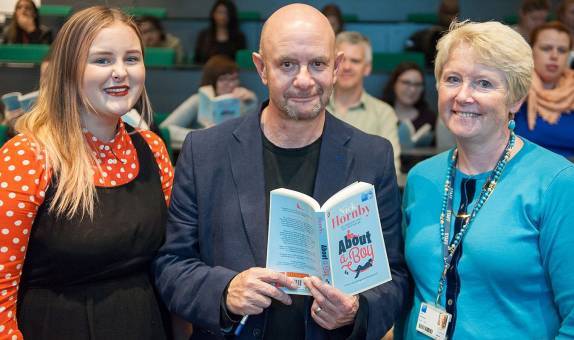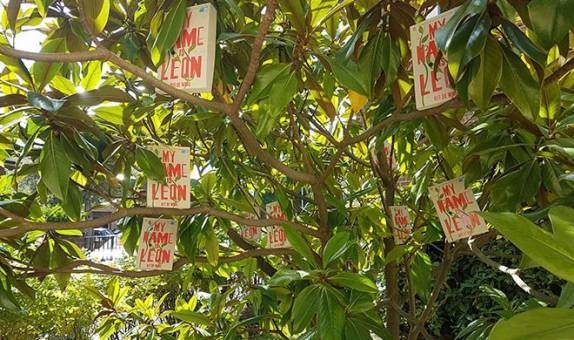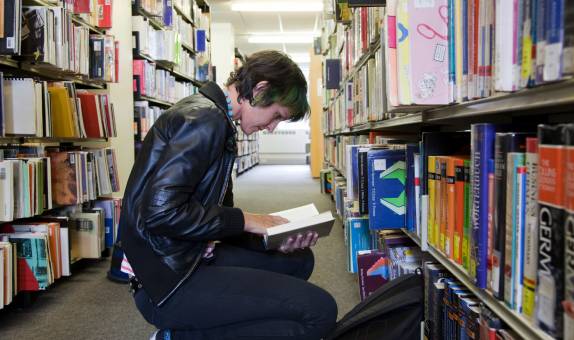Big Read 2024
The Kingston University Big Read is our award-winning shared reading scheme. Each year, we choose a book that we will share across our community and produce our own bespoke KU edition. All incoming students are given a copy, usually through the post before they arrive, or sometimes on arrival. Copies are also available to students and staff already here, and to members of our wider local community.
The book gives everyone something in common before they arrive and means there is something to talk about before the first day. In 2017, the project won the highly-prestigious Times Higher Education Award for best outreach/widening participation initiative. We also share the project – and monitor the outcomes – with two other universities.
The Kingston University Big Read 2024 shortlist, which is drawn from books recommended by students and staff, comprises a range of titles from international publishers and authors. These books (presented below in alphabetical order) range from fiction and autobiography to short stories and non-fiction. They cover a variety of topics, including the maths of everyday life, female empowerment and emotional strength.
If you are interested in taking part next year or have any book suggestions, then please contact kubigread@kingston.ac.uk. Also feel free to share your thoughts on social media using the hashtag #KUBR2024.
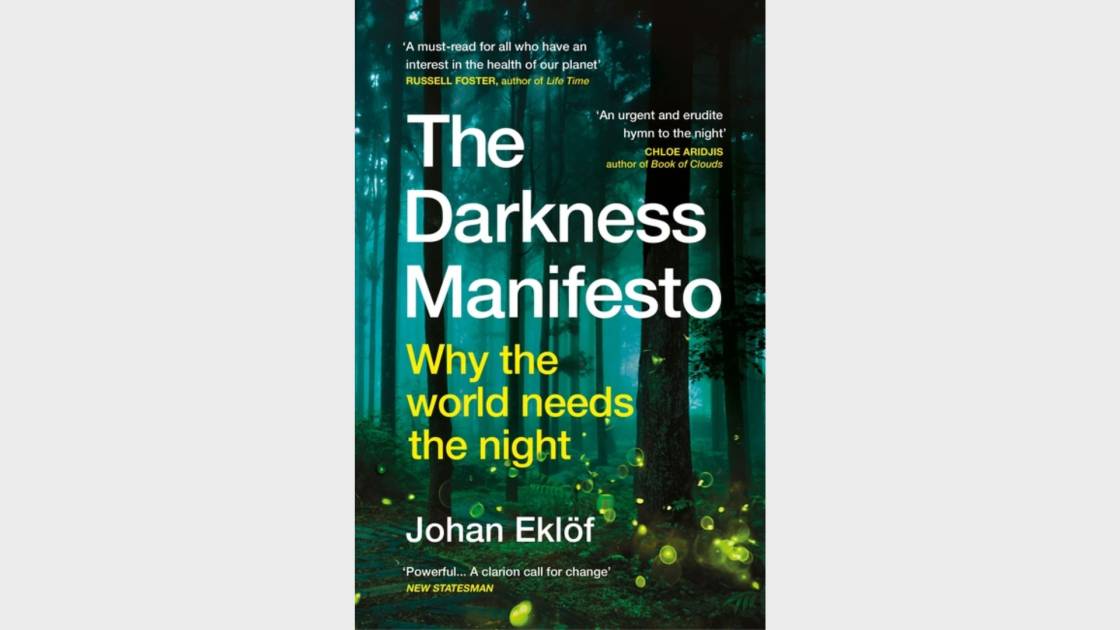
Shortlisted books
The Darkness Manifesto
by Johan Eklof
The world's flora and fauna have evolved to operate in the natural cycle of day and night. But constant illumination has made light pollution a major issue. From space, our planet glows brightly, 24/7. By extending our day, we have forced out the inhabitants of the night and disrupted the circadian rhythms necessary to sustain all living things. Our cities' streetlamps and neon signs are altering entire ecosystems.
Johan Eklöf encourages us to appreciate natural darkness and its unique benefits. He also writes passionately about the domino effect of damage we inflict by keeping the lights on: insects failing to reproduce; birds blinded and bewildered; bats starving as they wait in vain for insects that only come out in the dark. And humans can find that our hormones, weight and mental wellbeing are all impacted.
Iron Curtain
by Vesna Goldsworthy
The end of the Cold War seems unimaginable for Milena, a Red Princess trapped in a lifetime of limitless luxury.
Yet when she meets Jason, a confident British poet, it's not long before she's secretly planning her escape to Britain.
1980s London defies her privileged expectations. And when she discovers Jason's concept of freedom confronts her deepest-held beliefs, the very ideas of family and state come into question...
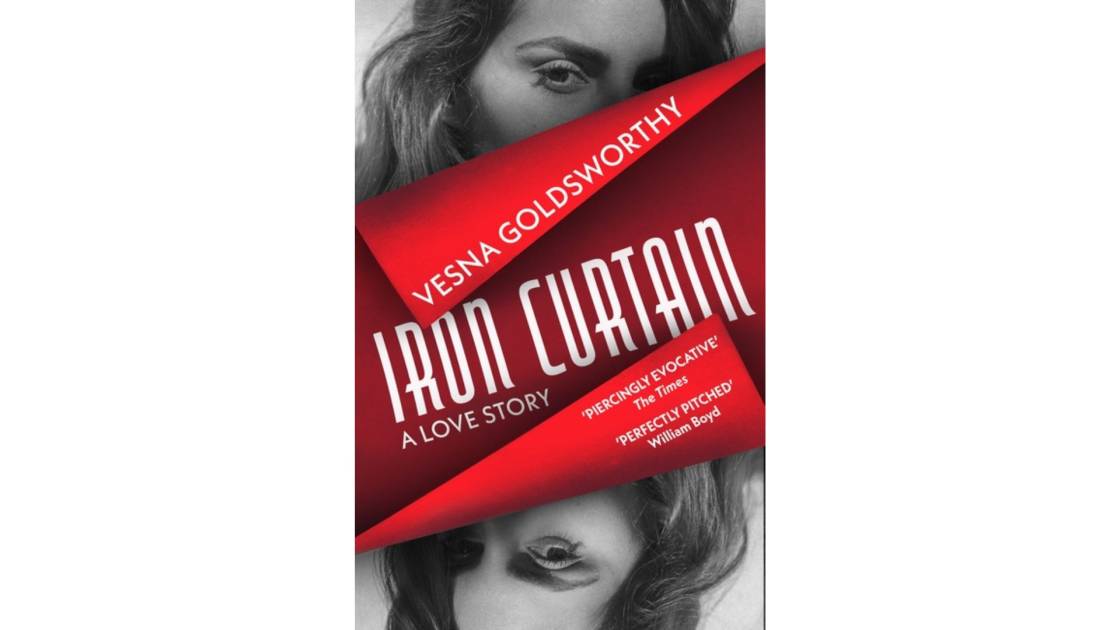
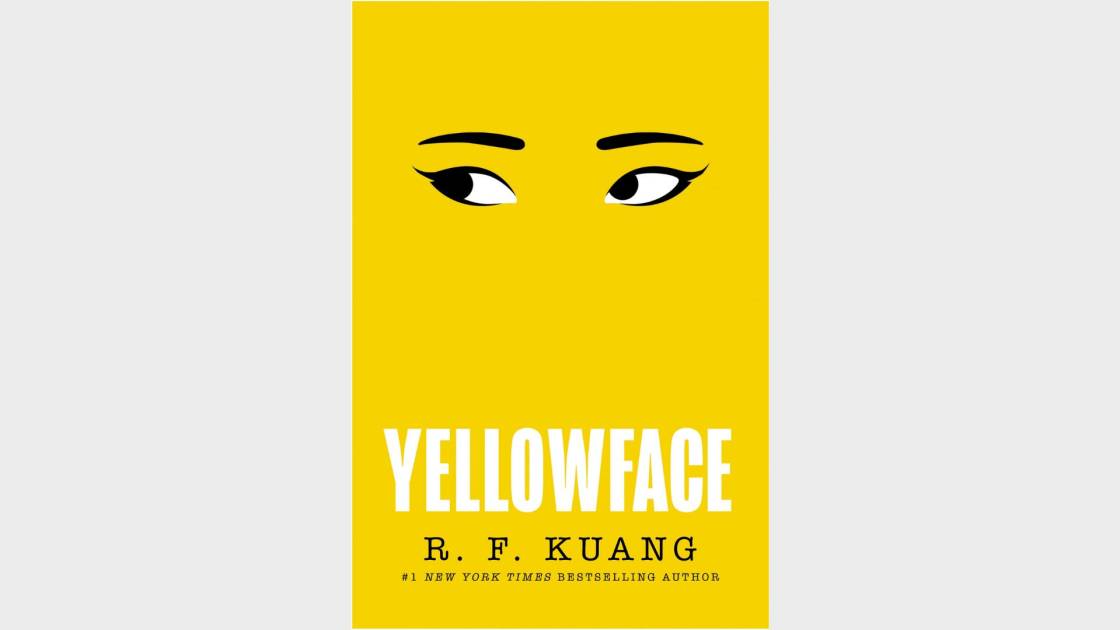
Yellowface
by Rebecca F. Kuang
Athena Liu is a literary darling.
June Hayward is literally nobody.
But when June just happens to witness Athena die in a freak accident, she realises now is her chance to find fame.
So what if that means stealing her friend's work?
So what if that means creating a new, racially ambiguous identity?
So what if a social media scandal is about to blow her cover?
As her lies mount up and threaten her stolen success, how far will June go to keep what she thinks she deserves…
This is one hell of a story. It's just not hers to tell.
The Future of Geography
by Tim Marshall
Space: the new frontier, a wild and lawless place. It is already central to communication, economics, military strategy and international relations on Earth. Now, it is the latest arena for human exploration, exploitation – and, possibly, conquest. We're heading up and out, and we're taking our power struggles with us. China, the USA and Russia are leading the way.
From physical territory and resources to satellites, weaponry and strategic choke points, geopolitics is as important in the skies above us as it is down below. If you've ever wondered if humans are going back to the Moon, who will benefit from exploration or what space wars might look like, the answers are here.
With all the insight and wit that have made Tim Marshall the UK's most popular writer on geopolitics, this gripping book shows how we got here and where we're going, covering great-power rivalry; technology; commerce; combat in space; and what it means for all of us down here on Earth. This is essential reading on power, politics and the future of humanity.
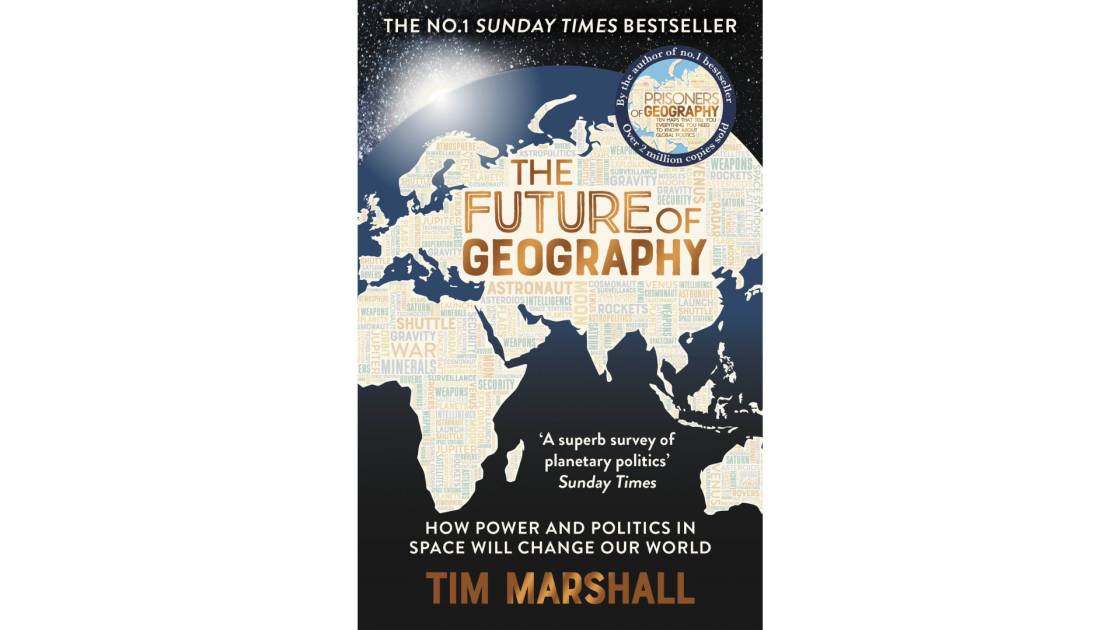
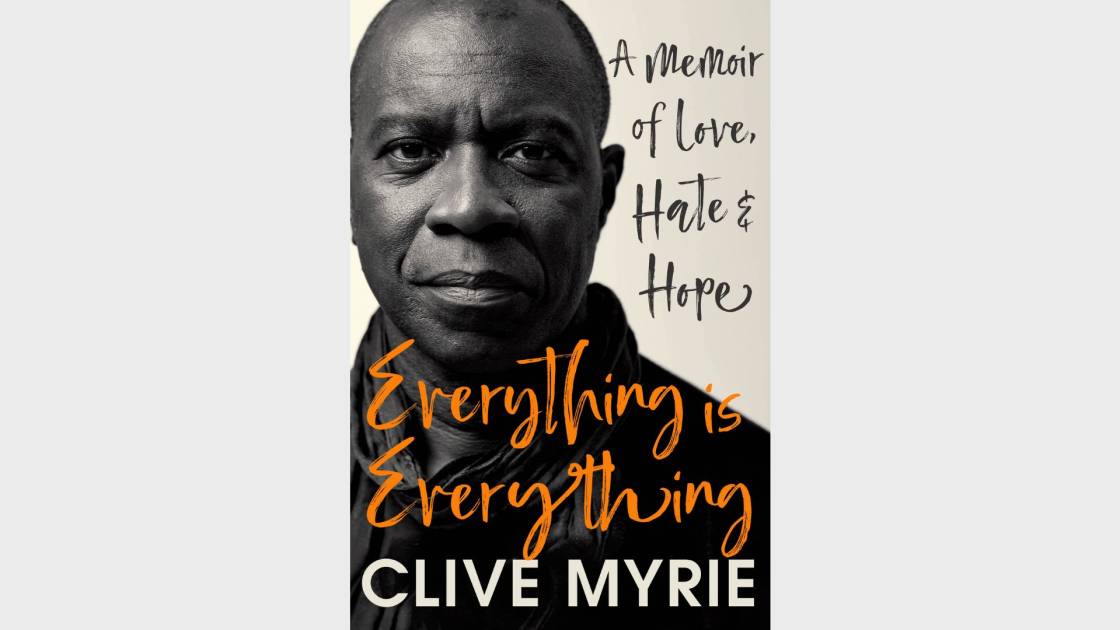
Everything is Everything: A Memoir of Love, Hate & Hope
by Clive Myrie
As a Bolton teenager with a paper round, Clive Myrie read all the newspapers he delivered from cover to cover and dreamed of becoming a journalist. In this deeply personal memoir, he tells how his family history has influenced his view of the world, introducing us to his Windrush generation parents, a great grandfather who helped build the Panama Canal, and a great uncle who fought in the First World War, later to become a prominent police detective in Jamaica.
He reflects on how being black has affected his perspective on issues he's encountered in thirty years reporting some of the biggest stories of our time (most recently from Ukraine), showing us how those experiences gave him a better idea of what it means to be an outsider. He tells of his pride in his roots, but his determination not to be defined by his background in dealing with the challenges of race and class to succeed at the highest level.
Moving, engaging, revealing, Everything is Everything is a story of love and hate - but also hope.
The Island of Missing Trees
by Elif Shafak
It is 1974 on the island of Cyprus. Two teenagers, from opposite sides of a divided land, meet at a tavern in the city they both call home. The tavern is the only place that Kostas, who is Greek and Christian, and Defne, who is Turkish and Muslim, can meet, in secret, hidden beneath the blackened beams from which hang garlands of garlic, chilli peppers and wild herbs. This is where one can find the best food in town, the best music, the best wine. But there is something else to the place: it makes one forget, even if for just a few hours, the world outside and its immoderate sorrows.
In the centre of the tavern, growing through a cavity in the roof, is a fig tree. This tree will witness their hushed, happy meetings, their silent, surreptitious departures; and the tree will be there when the war breaks out, when the capital is reduced to rubble, when the teenagers vanish and break apart.
Decades later in north London, sixteen-year-old Ada Kazantzakis has never visited the island where her parents were born. Desperate for answers, she seeks to untangle years of secrets, separation and silence. The only connection she has to the land of her ancestors is a Ficus Carica growing in the back garden of their home.
In The Island of Missing Trees, prize-winning author Elif Shafak brings us a rich, magical tale of belonging and identity, love and trauma, nature, and, finally, renewal.
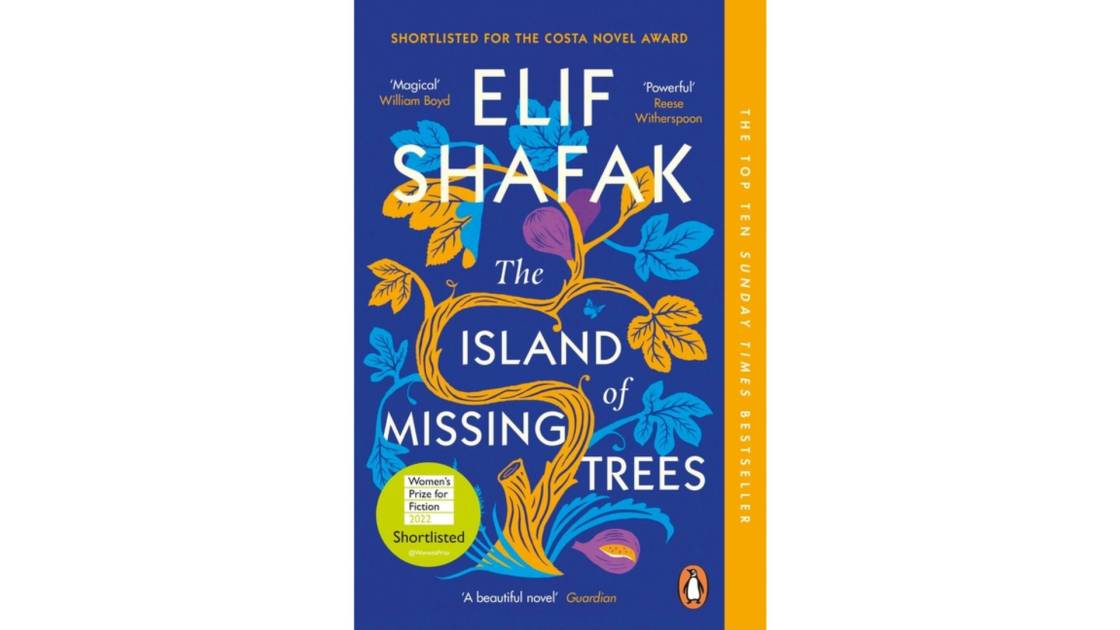
Contact us
If you would like more information regarding the Kingston University Big Read, please contact us at KUBigRead@kingston.ac.uk.
Alternatively, for press information, please contact the Kingston University Communications team.



